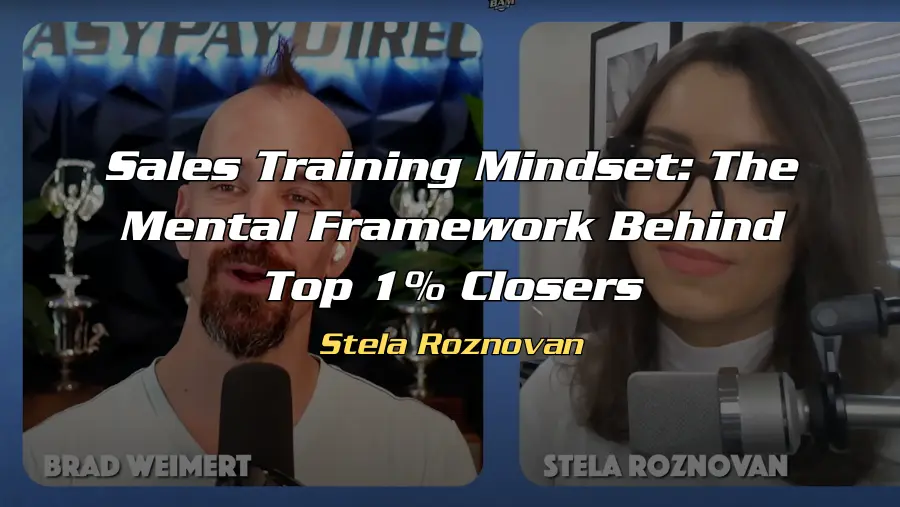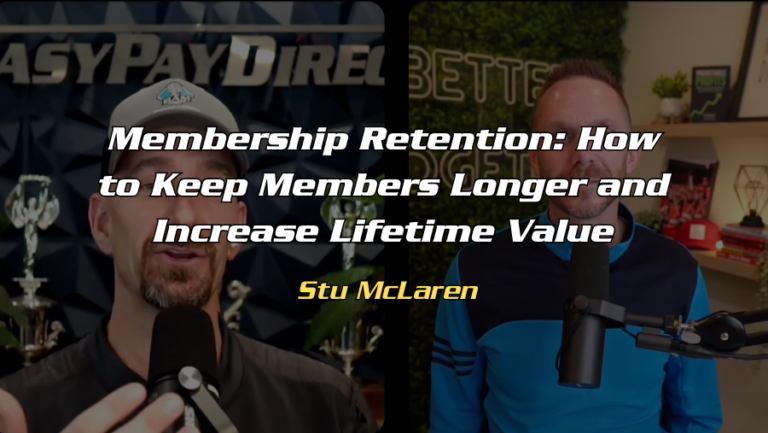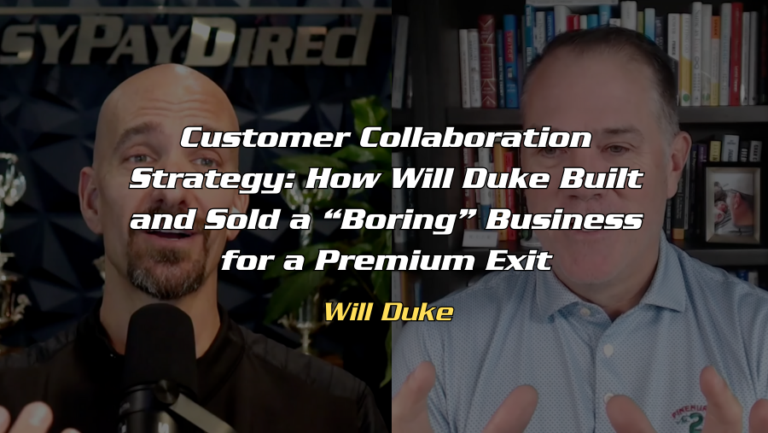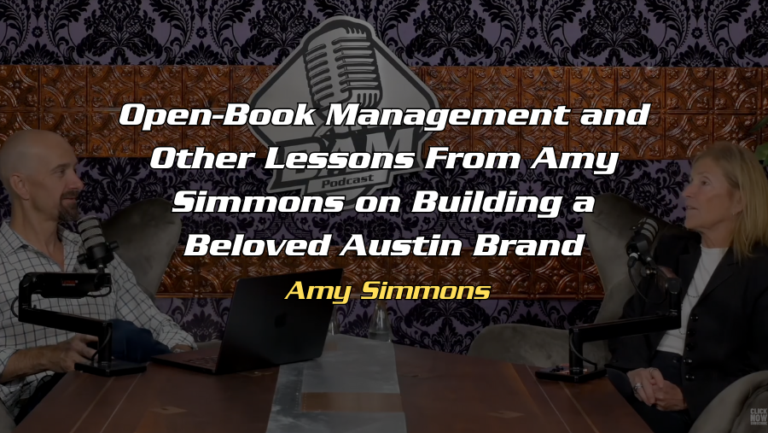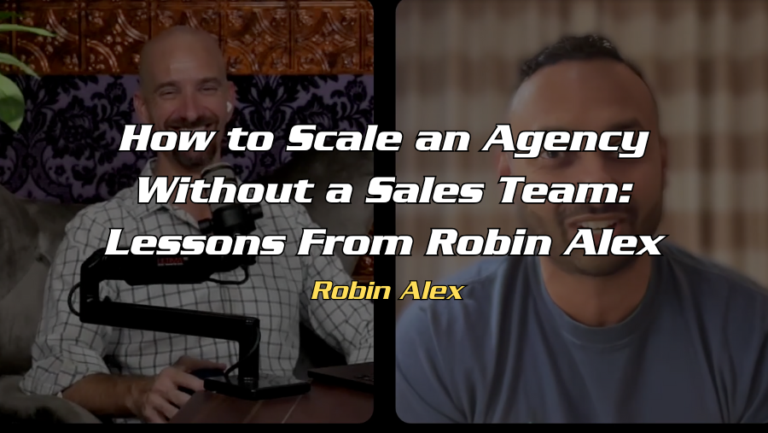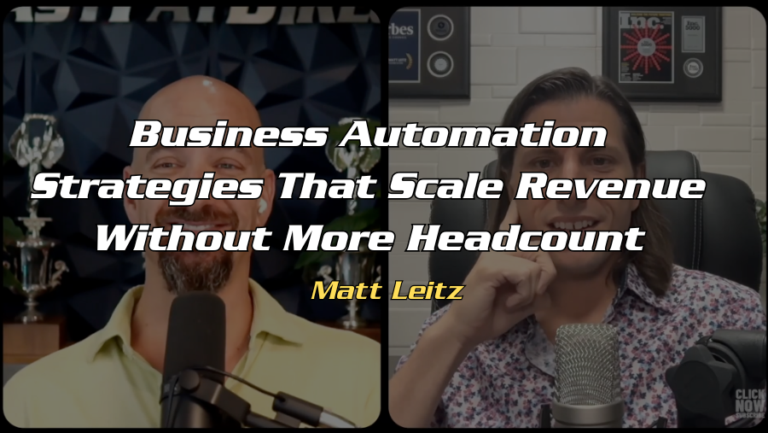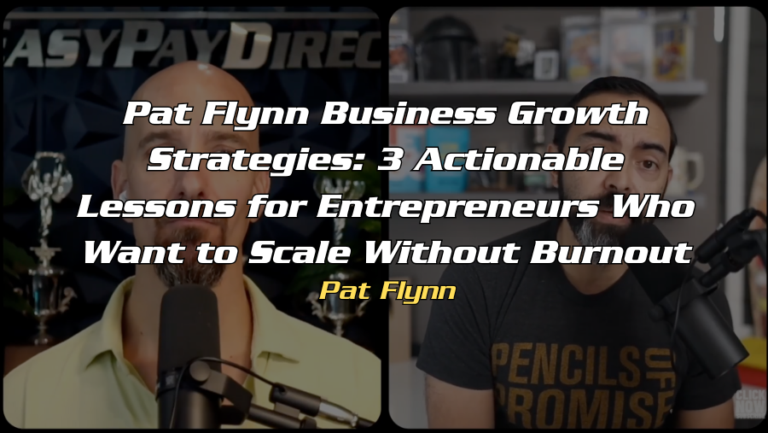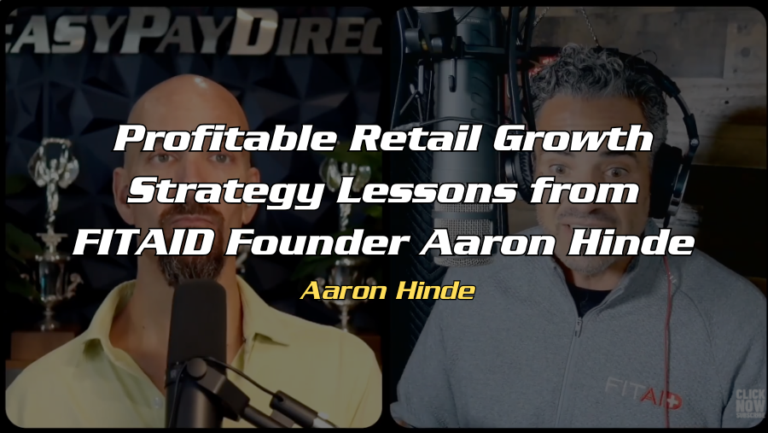Most salespeople think the key to closing deals is about having the perfect pitch, the right objections, or the best CRM setup. But according to Stela Roznovan, concert pianist turned multimillion-dollar agency leader, sales mastery has less to do with tactics and more to do with your mindset.
In her full interview on the Beyond a Million podcast, Stela breaks down the principles that helped her go from immigrant to elite closer to transformational sales leader. And what she emphasizes most isn’t scripts or tools, it’s obsession with the process.
That theme shows up in every part of her story: from dialing cold calls for five hours straight on her very first night in sales, to relentlessly tweaking her video content to test what hooks actually engage. The magic isn’t just in what she says, it’s in how she thinks.
This is the difference-maker. The sales training mindset is what separates the reps who plateau from the ones who break records.
Let’s break down how it works and how you can adopt it starting today.
Obsessing Over the Process Is Core to the Sales Training Mindset
One of the most striking things about Stela’s approach is her belief that the sale doesn’t happen at the end. It happens throughout the entire interaction.
“Sales is built on three principles,” she says. “Authenticity, why they should buy from you. Exclusivity, why they should buy this product. And urgency, why they should buy today.”
Most reps wait until the end to “close,” when in reality they’ve already lost the deal earlier in the conversation by failing to build trust, differentiate their offer, or inspire immediate action.
With the right sales training mindset, your job isn’t to sell, it’s to shape a decision-making environment that feels safe, aligned, and compelling.
That requires attention, empathy, and psychological timing, not pushiness.
Building Habits Like a Performer Strengthens Your Sales Training Mindset
Before she ever entered the sales world, Stela spent 17 years training as a classical pianist. Every performance was the result of thousands of reps in the practice room. And that same mentality carried over when she got into sales.
“You become a top performer in the practice room, not on stage,” she says.
She’d spend hours listening to sales podcasts while driving to appointments. She’d rehearse scripts, role play, and analyze her own call recordings. Not because someone told her to but because she was curious about getting better.
This is the core of the sales training mindset: training for mastery, not mediocrity. While others are looking for shortcuts, top performers are building skill behind the scenes, day after day.
Want to close more? Start by blocking 30 minutes every morning to rehearse your pitch, role play objections, or test new messaging. Build your own “practice room.”
Reframing Failure Is a Superpower Within the Sales Training Mindset
Most sales reps hit a wall when something doesn’t work. Show rates drop. Conversions stall. Clients ghost. That’s when the complaints start.
But Stela’s mindset flips that entirely. When things break, it’s not a dead end, it’s a data point.
“Reframe the statement to a question,” she says. “Then you can start problem solving.”
Instead of “they didn’t show,” ask:
👉 What would make someone want to show up to this call?
Instead of “no one’s converting,” ask:
👉 What part of this message isn’t landing and how could I tweak it?
This habit of turning frustration into curiosity is at the core of long-term sales success. And it’s what makes the sales training mindset different from a quick-win, script-driven approach.
Why the Sales Training Mindset Is More Powerful Than Any Script
Sales isn’t just about what you say. It’s how you think, train, and recover.
Stela’s mindset has helped her:
- Build an 8-figure agency
- Train thousands of sales reps
- Bounce back from rejection faster than most people can even process it
The best salespeople don’t just chase numbers. They build systems, habits, and mental frameworks that support consistent growth.
They obsess over their inputs: conversations, questions, practice, tone, and timing. They’re not afraid to test 20 video hooks just to see what makes someone stop scrolling. They analyze what would get someone to buy, not just what didn’t work.
That’s what it means to have a sales training mindset to turn your craft into a game of mastery, not a grind for outcomes.
Adopt the Sales Training Mindset and Train Like You Mean It
Stela says it best: “At the end of the day, we all have answers. We just don’t ask ourselves the right questions.”
The reps who win consistently aren’t the most extroverted or aggressive. They’re the ones who show up every day with intentionality, curiosity, and resilience.
That’s the power of the sales training mindset.
Subscribe to Beyond a Million
For more real, behind-the-scenes insights from 8, 9, and 10-figure entrepreneurs, subscribe to the Beyond a Million podcast.
🎙️ Available on Apple, Spotify, YouTube or at beyondamillion.com

